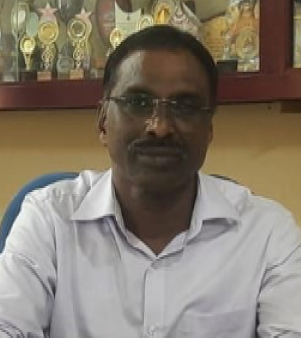“Education is not the learning of facts, but the training of the mind to think”
-Albert Einstein


Four decades is fairly a long period in the history of an institution. Crossland College has completed 40 years of its meaningful existence. Founded by Dr C T Abraham solely with the faith in God with meagre resources, Crossland College has stood the test of time as a blessing to thousands of youth from economically underprivileged section of the society. During the last 40 years, Crossland has been a centre of moulding thousands of youth into potential human resource. We gratefully acknowledge sacrifice of the members of management and principals at different times who have given a clear direction to this institution.
The justification for the existence of an educational institution has to be solely justified by the impact it has created in the society. Going by the different yardsticks of success, Crossland has fared reasonably well. Crossland has created access to thousands of young students from economically weaker students and has helped them to gain employment in government or private establishments. It has not just helped them become graduates but touched their lives beyond that by impacting their families as well.
Crossland has succeeded in adding quality to qualification by bagging 42 ranks and 13 gold medals in the last 40 years. For a small rural college, it is not a small achievement. India Today, the popular magazine ranked Crossland College as the 78th best college in Arts stream in the country in 2018.The college has gone through 4 cycles of accreditation by NAAC and has received good grades. This has been possible only with the constant support and guidance of the College management. They have been with us at all times; good times and bad times. As we complete 40 years in providing higher education to the less privileged section of the community, we take a pause to reflect on the distance we have travelled, the terrain we have crossed, the mile stones we have conquered and the direction we are moving towards and what changes we need to embrace in order to excel in the uncertain future.

